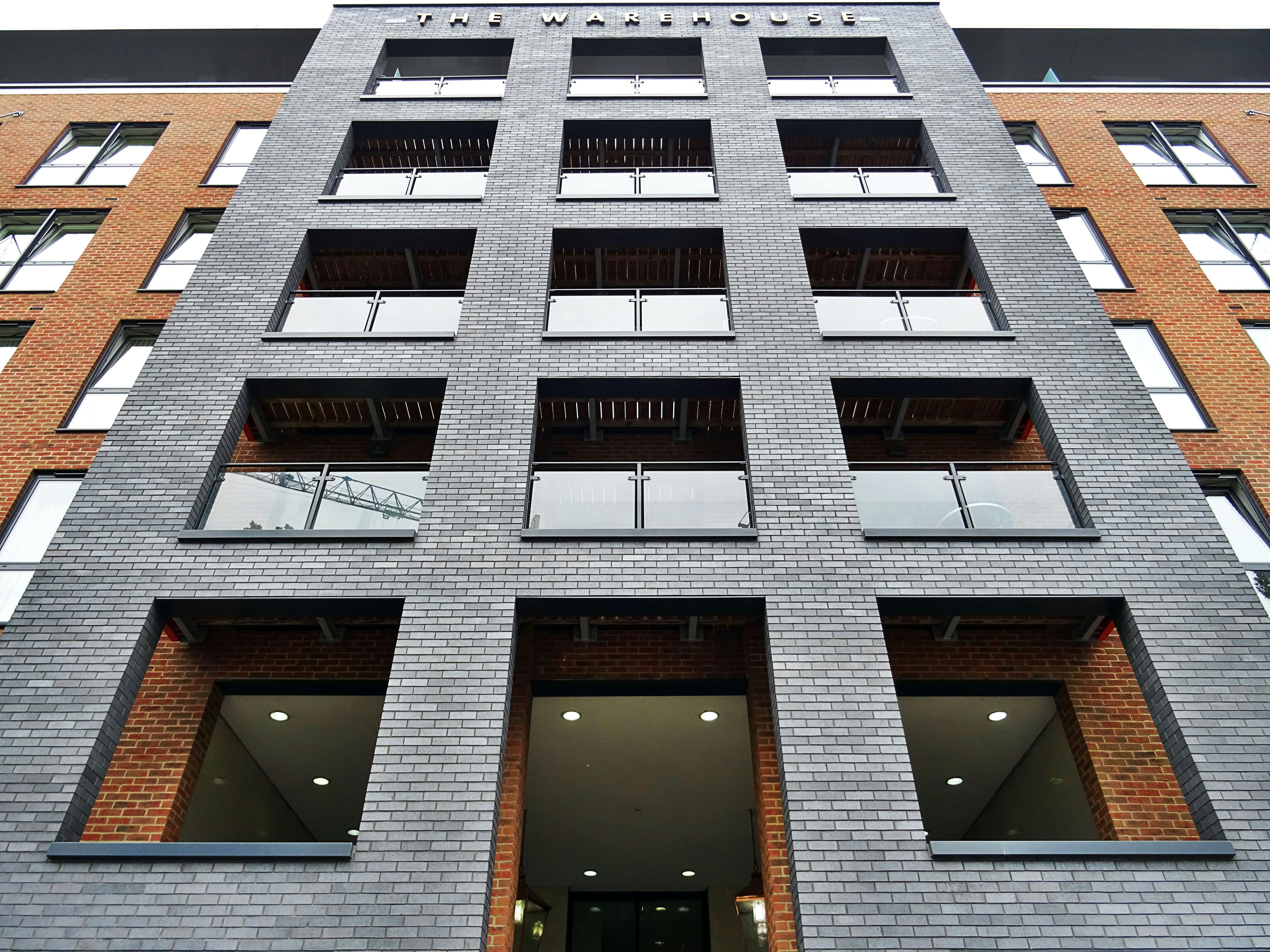
Both buyers and sellers meet at the closing table to finalize a real estate transaction. Until the closing is complete, no one is paid or the deed is not transferred. But at the last minute, at the closing table, what can be done if either party disagrees with the costs on the HUD-1 Statement or what property they would keep in the house?
Each party to the transaction could regret the price they are receiving (seller) or spend too much money (buyer) and decide not to close. In this case, the seller would get some or all of the escrow, the closing attorney would get the sellers’ costs (maybe), and the buyer would lose their deposit.
But the reality is that both sides have invested time and money to get to the closing table. It could have taken a few days or in my case, 53 weeks. This took so long due to a triple succession where fortunately all parties passed away in one state. On average, most closings take about 30 days or less for investors who have cash buyers and more than 30 days for buyers who have to take out conventional loans.
If the buyer is determined not to close, they usually just won’t go through with the closing. If the seller receives a higher offer, he will usually try to get out of the contract well before closing. When the buyer and seller are at the closing table, both parties are usually there with the intention of closing.
Our experience is that both the buyer and seller should receive a Preliminary Declaration from HUD at least one day before the actual closing. This gives both parties time to transfer the charges to the other party, negotiate expenses between seller and buyer, or request a reduction in costs or attorney fees. This would be the time to remove all diffs so that when the shutdown happens, it goes smoothly and closes quickly.
Our experience is that some investors use the ploy of waiting until the actual closing to renegotiate various closing costs. The seller wants to close and may feel pressured, but the reality is that he can always say “no.” More often than not, however, he is desperate to close, especially in double close situations, and even a price cut is not out of the question.
In a recent case, an investor had to close on a specific date or lose the sell side of the deal. The investor had resold the property to an ultimate buyer. The final buyer was a professional wholesaler known to change the deal at the closing table. The professional did it again with the new investor and robbed the new investor of his profit on the deal. The professional practically threatened the new investor with the fact that the investment community was a small place and if he didn’t agree to a price reduction, he would spread the word about him! The new investor gave in rather than get anything out of losing the deal, but he learned a valuable lesson that big deposits are better and be prepared for anything at closing.